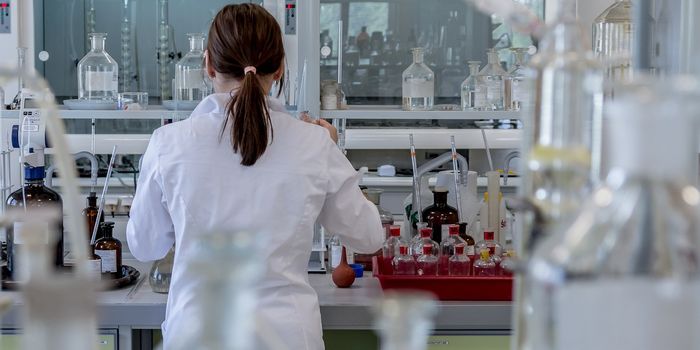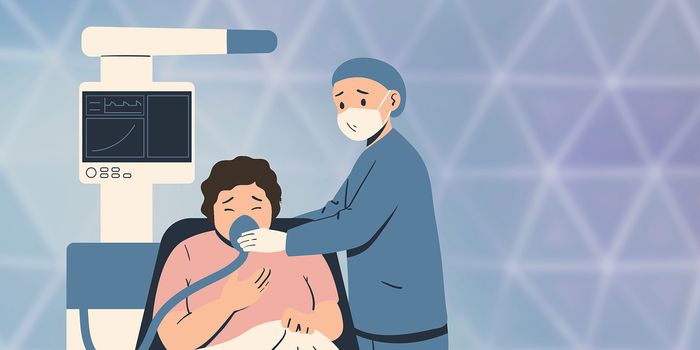New Immunotherapy Shows Promise for MS
Researchers from Thomas Jefferson University in Philadelphia are studying an immunotherapy that has shown early promise in treating multiple sclerosis (MS).
MS is characterized by the immune system attacking and degenerating the body's central nervous system. In particular, it affects the production of myelin sheaths- a fatty substance that coats neurons and allows them to communicate with one another.
Unlike other treatments for MS that impede the whole immune system, the researchers say that in targeting specific antigens, their novel therapy is able to leave most of the immune system fully intact.
"There are many possible immune-activating antigens in the myelin sheath, but the biggest hurdle is that we don't know which component of myelin is triggering the immune response in MS patients," says Dr. Abdolmohamad Rostami, senior author of the study.
"Previous studies have used single myelin antigens or combinations of antigens to prevent autoimmunity in animal models, but in humans they have had limited success."
For the study, the researchers homed in on cells called oligodendrocytes, which play a fundamental role in producing myelin sheaths. In particular, they harvested small sacs called extracellular vesicles (EVs) from cultured versions of these cells, which are thought to contain all relevant myelin antigens.
The researchers then injected these EVs into three different groups of mice to study their impact on MS at both early and later stages. In doing so, they noticed that the injections prevented the onset of symptoms, including decreased mobility and paralysis when administered before the disease developed. The infusion also reduced the severity of the disease when given after it had already developed.
Given its efficacy in mice with different stages of the condition, the researchers say the treatment could one day evolve into a universal therapy for MS. This comes especially as they were able to isolate EVs from human cells too, which also contained multiple myelin antigens. As such, although clinical trials are needed to confirm their efficacy, they hope the treatment may apply to humans too one day.
Sources: WebMD, Science Translational Medicine









